-
Grassland conservation across European landscapes protecting biodiversity and ecosystem services with ecological networks
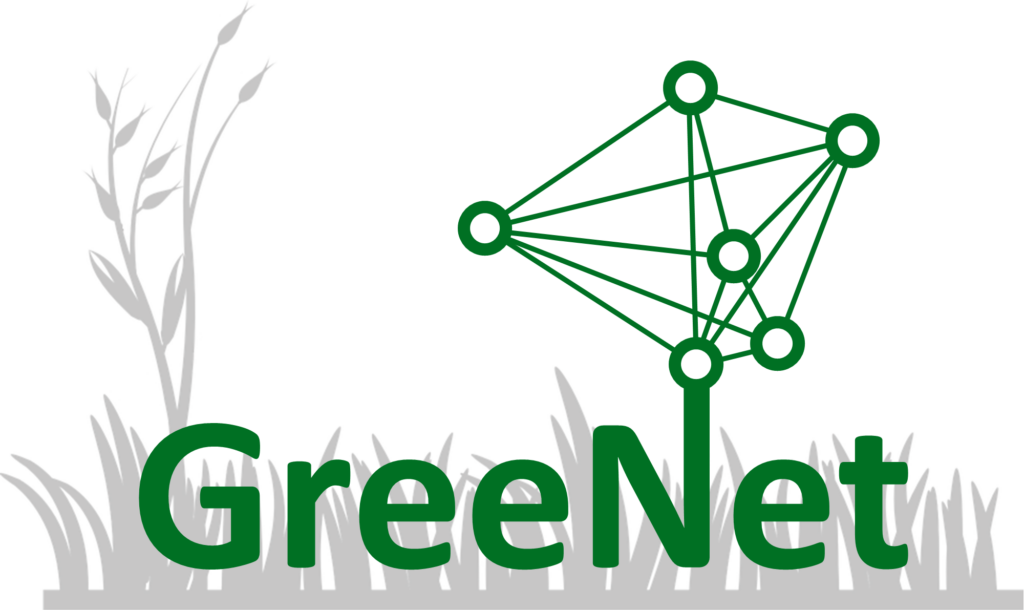
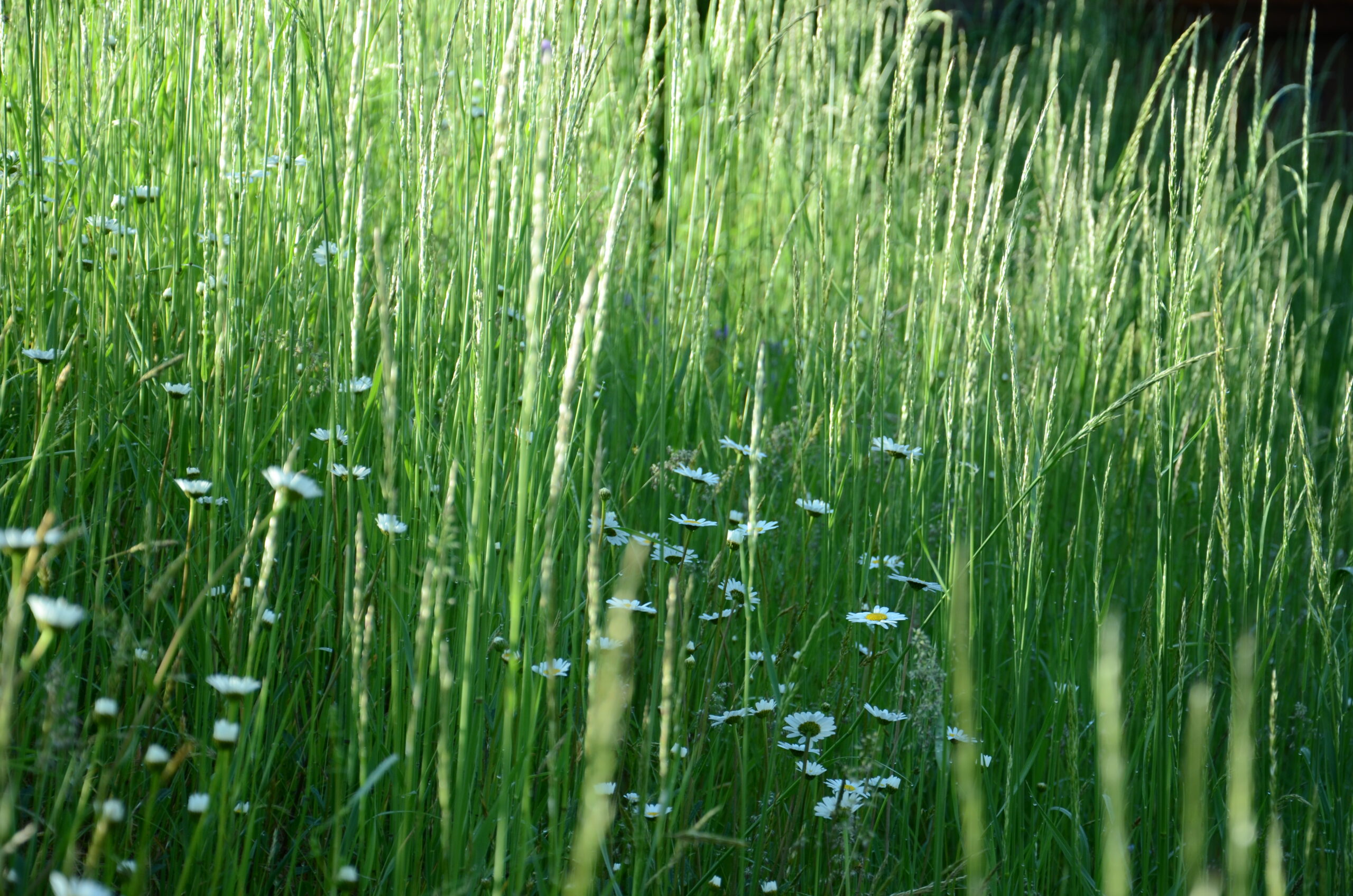
Grasslands
– more than green

GreeNet is a research project funded by the Biodiversa+ 2021-2022 Joint Call “Supporting the protection of biodiversity and ecosystems across land and sea”.
The project started in April 2023 and will last until March 2026. Nine research organisations from six European countries form the GreeNet consortium.
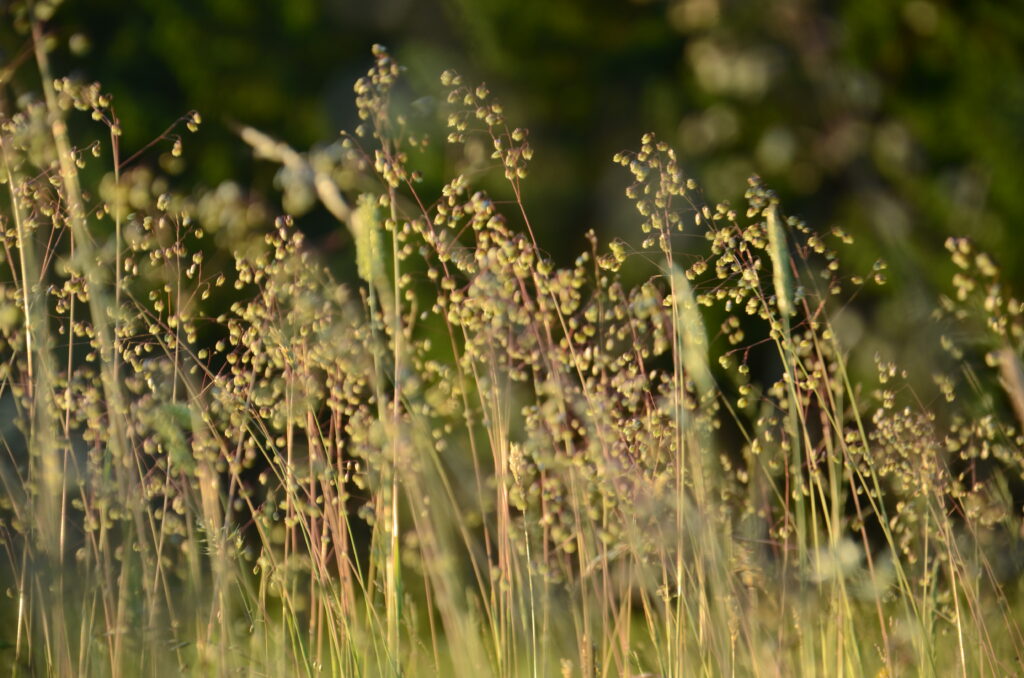
Background
Permanent grasslands in Europe are the result of human-environment interactions and make a considerable contribution to the biodiversity and ecosystem services (ES) of agricultural landscapes. However, they are threatened by abandonment, soil sealing, conversion to arable land, and intensification. Key to successful conservation are holistic strategies that consider the landscape level for planning, integrate local knowledge, and align conservation objectives with sustainable agricultural production practices. Spatial planning for resilient landscapes requires well developed social networks of interaction, incentives and governance strategies to foster collaboration among farmers and coordination of conservation activities at the landscape scale.
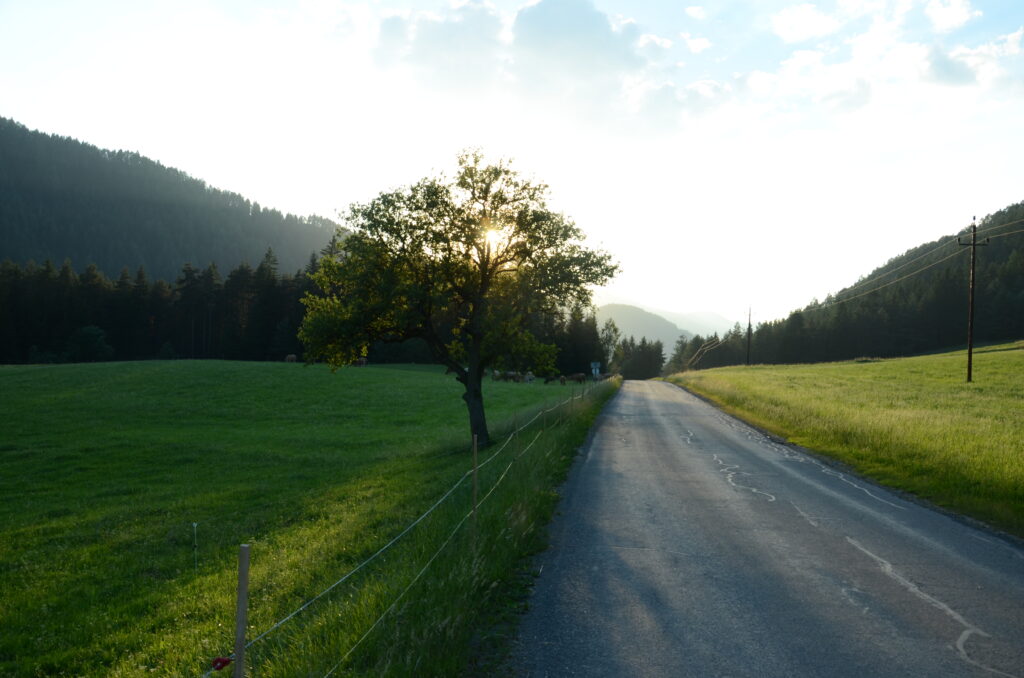
Objectives
GreeNet’s major objective is to propose transition pathways for sustainable management of European grasslands under a combined land sparing and land sharing paradigm, i.e. the conservation on unmanaged (spared) patches along conservation efforts on agriculturally managed (shared) land within the same landscape. Further objectives are: i) to analyse biodiversity and ecosystem services of grassland habitats and conservation management options, ii) to support conservation planning and the design of efficient conservation incentive schemes, and iii) to reveal the potentials and challenges of farm cooperation for coordinated landscape management and related incentive schemes.
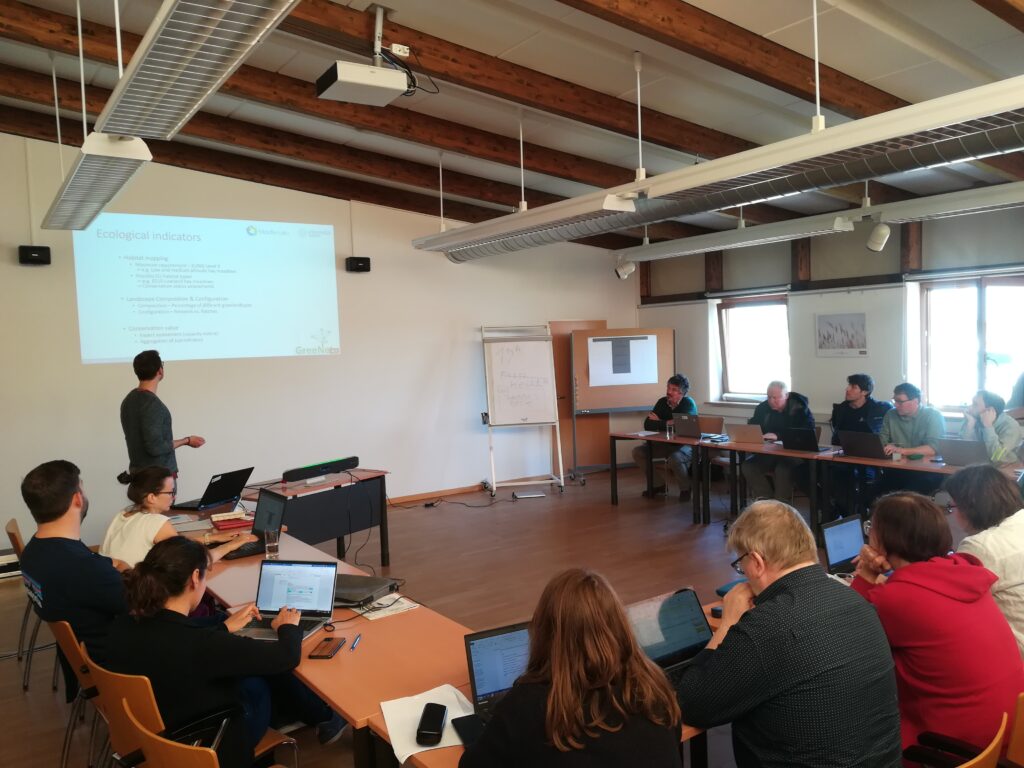
Participation
GreeNet will engage with stakeholders at international, national, regional and farm level, including agri-environmental and nature protection policy planners, citizens, farm advisers, NGOs, administration and policy makers. A major output is a tool (and concept) box dedicated to stakeholder interactions.
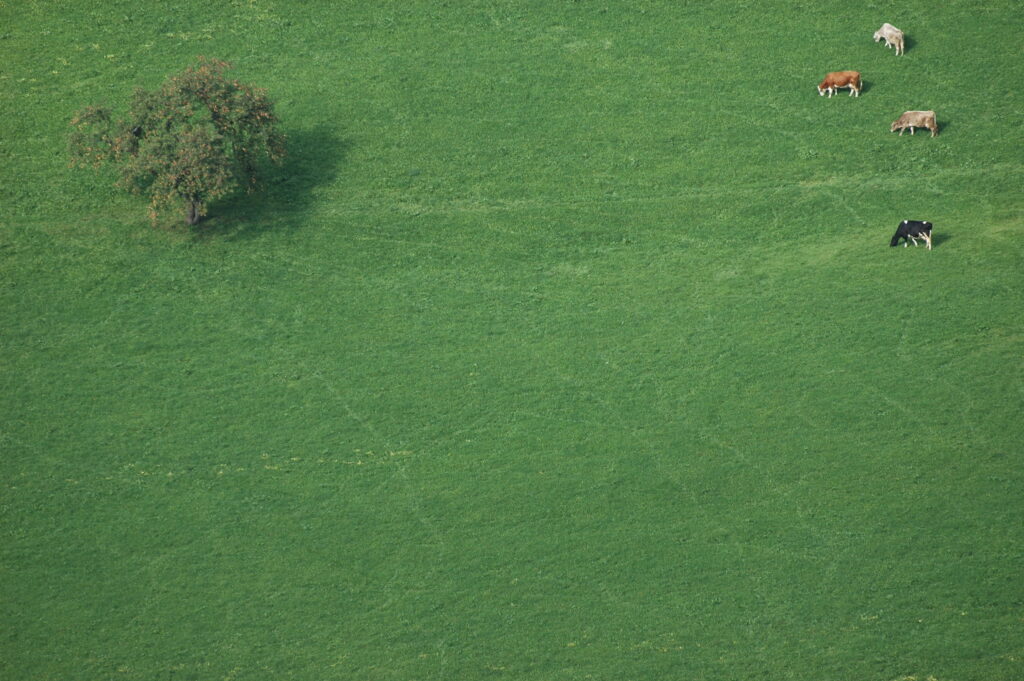
Impact
The social-ecological perspective facilitates the identification of barriers and enabling factors for landscape protection to be effective and acceptable to farmers, conservationists, and the public. GreeNet addresses local landscape scale challenges, national biodiversity strategies, pan-European policy goals, and the global Sustainable Development Goals, to support regional and national integrated protected area management. The synthesis of case study processes and results will verify tools and concepts for application throughout European grasslands.
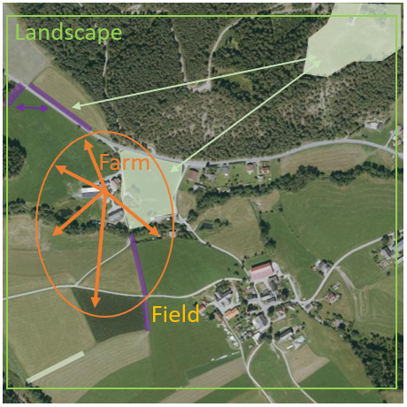
Main activities
GreeNet conducts case studies in Austria, Estonia, Germany, Ireland, Norway, and Switzerland considering a gradient of protection status from currently unprotected but highly valuable landscapes, to Natura 2000 areas, biosphere reserves, nature parks, and national parks. Research activities include: i) the design of integrated conservation management options ii) the evaluation of landscape multifunctionality across intensity gradients, iii) the empirical assessment and modelling of attitudes, preferences, and constraints of farmers, iv) the analysis of cost-effectiveness of conservation incentive schemes, and v) the analysis of governance strategies towards long-term protection of grassland landscapes.
